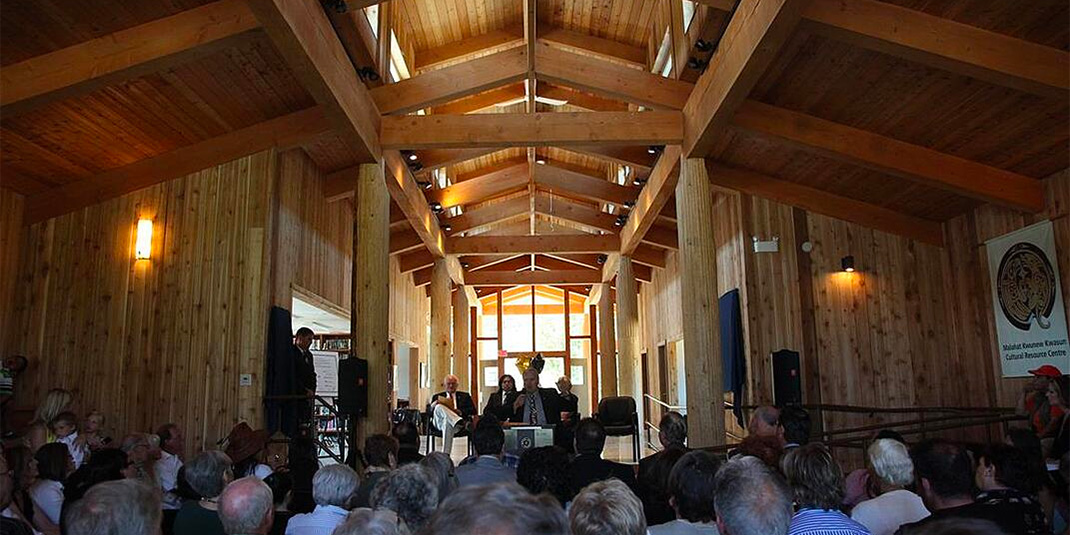Value of Engaging With Indigenous Communities via Social Media
Early, respectful, transparent and consistent communication with Indigenous communities is the foundation of any good engagement strategy. In order...

In a recent post Strategize your Aboriginal Engagement, we provided suggestions on some key actions to develop your formal in-house Aboriginal, Community Relations and Community Development Policies.
In our book, Working Effectively with Indigenous Peoples®, we suggest the following considerations for an effective and proactive Aboriginal Community Development Policy:
The last bullet above can be expanded to include:
In this post, we want to provide an example of the life-changing potential of a supportive Community Development Policy. If a company has done its research and has developed a Community Development Policy that aligns with and reflects the needs and goals of a community, it can be one of the most rewarding returns on your investment.
Here’s a community event we are supporting and attending - the Malahat Nation’s second annual fundraising Gala to support the provision of educational and cultural programs at the Nation’s newly built Kwunew Kwasun Cultural Resource Centre. This is a prime example of a diverse group of organizations working with a community to assist that community in achieving a goal.
In 2012, the Malahat Nation, on southern Vancouver Island, was selected as a community for the Write to Read project, which is an initiative under the Governor General’s literacy program. The initiative is a partnership between the Government House Foundation and Rotary Clubs of District 5040 and Britco. The goal is to provide libraries in First Nation communities throughout BC. This initiative is aimed at supporting literacy programs, learning activities and computer classes for children and adults.
For the Malahat project, two modular trailers were donated by Britco, and an architect was hired to design a culturally appropriate building that incorporated the trailers, provided space for a library and computer lab, and a community meeting space. Fundraising was begun in earnest and with the help of sponsors, business partners, supporters and community neighbours, a mere 18 months later, the Malahat Nation proudly opened the new Kwanew Kwasun Cultural Resource Centre. As you can see from the photo, the collaboration resulted in a beautiful, culturally appropriate Resource Centre.
Why is this the sort of community initiative that organizations and individuals should consider supporting? Because it demonstrates your interest in the goals of the community - it shows that you are not just interested in getting what you need from the community to further your business interests; you are giving back to and supporting the community to get what they need.

Early, respectful, transparent and consistent communication with Indigenous communities is the foundation of any good engagement strategy. In order...

While the duty to consult is a hard-fought-for, constitutionally recognized component of resource project development, in reality, it can be an...

Lyle Viereck was born and raised in Prince Rupert in northern BC. His family heritage includes Creek Indians from Oklahoma, American black slaves,...